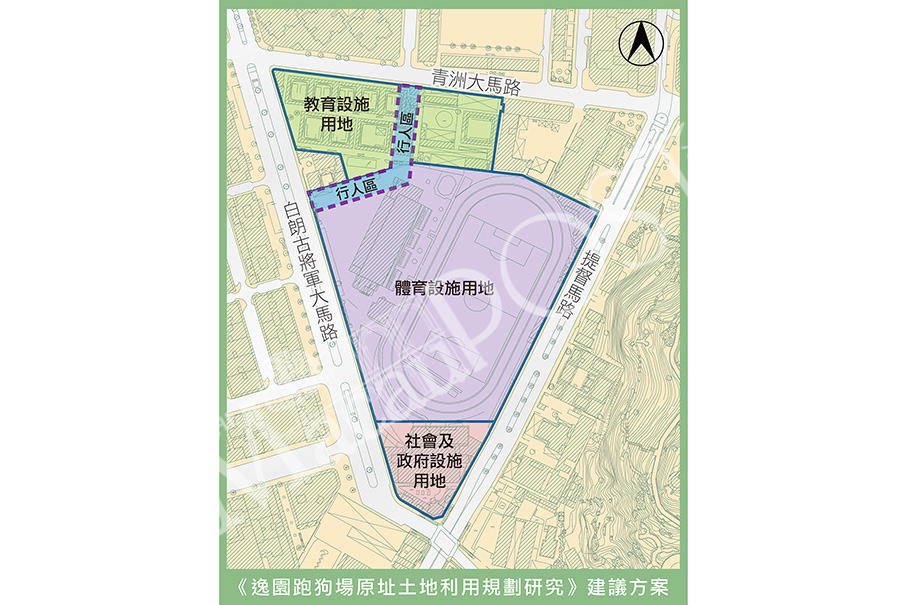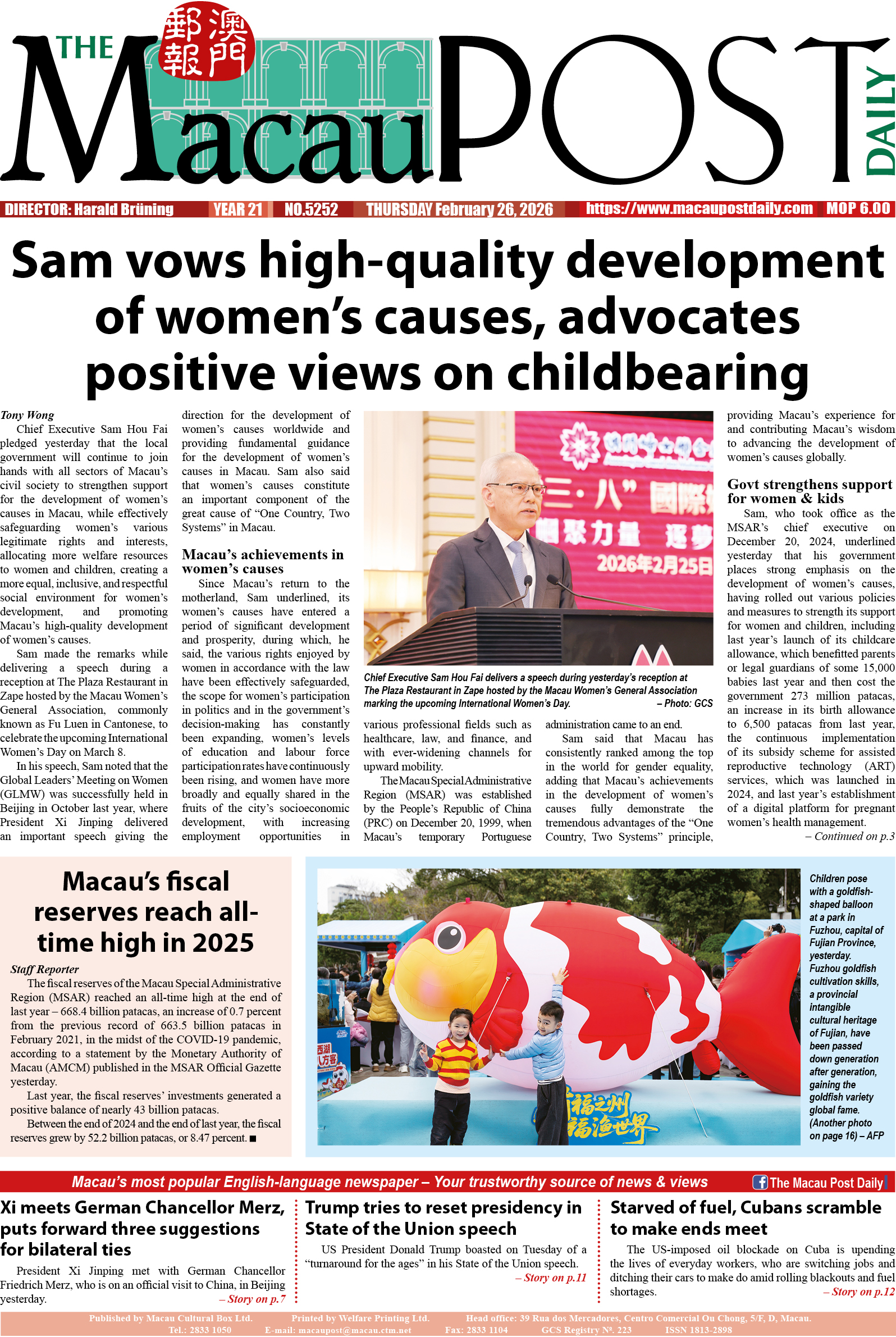Commentary
BEIJING – Seven years ago, President Xi Jinping put forward a major global concept in his speech at the Moscow State Institute of International Relations, calling for joint efforts to build a world community forged by a common destiny, where each person has a stake in the other.
Seven years later, a worldwide outbreak caused by the novel coronavirus has once again reminded people of the necessity and urgency to build a community with a shared destiny for mankind.
With the virus spreading fast globally, tens of thousands of lives are under threat, prompting many countries to declare a state of emergency or even a state of war.
Under such circumstance, the concept carries more significance at this crucial moment. It has injected great confidence and vitality into the global fight against the disease and will help the world at last win the war.
Besides the global health crisis, the world is made more complicated by challenges ranging from regional conflicts, terrorism and social disruptions to economic downturns, climate change and unbalanced development.
Facing profound changes unseen in a century, it is all the more urgent to improve the global governance system and promote a transformation of the world order.
Where will the world go? Where is the path to development? The international community is looking at China and waiting for it to give a much-needed answer.
For years, the vision for a harmonious world built on shared rights and responsibilities has grown mature, gaining global resonance and becoming a strong voice in a changing world.
President Xi expounded on the vision at the United Nations Office at Geneva in early 2017, which according to Klaus Schwab, founder and chief executive of the World Economic Forum, highlighted the spirit of inclusiveness and coordination and was of historical significance.“All countries should jointly shape the future of the world, write international rules, manage global affairs and ensure that development outcomes are shared by all,” he told the audience.
Based on the concept’s general guidelines, China has raised a number of proposals to improve international relations, boost development and strengthen communication between cultures.
Meanwhile, the vision was enriched following China’s proposals to build a community with a shared future in cyberspace, a community with a shared future on nuclear security, and a community of common health for mankind, providing more concrete guidance for cooperation and development across a number of sectors.
China has taken a multi-pronged approach to translate the grand vision into practice. A signature project demonstrating such endeavors is the Belt and Road Initiative (BRI).
The BRI, proposed by China, connects Asia with Africa and Europe via land and maritime networks with the aim of improving regional integration, increasing trade and stimulating growth.
In more than six years, the initiative has witnessed the birth of railways, ports, highways and other infrastructure in many participating countries to boost connectivity. The China-Pakistan Economic Corridor, for example, has greatly improved local transportation infrastructure and power supplies, and created over 75,000 direct jobs, official data showed in January.
On the diplomatic front, China has pushed for creating “customized,” mutually beneficial cooperation schemes at the bilateral and regional levels that meet different needs. Through top-level diplomacy, China has proposed building communities with a shared future with neighboring countries, as well as with Europe, Africa, Latin America, among others, to create more opportunities for common growth.
More broadly, China has initiated new platforms for multilateral cooperation to create a bigger cake for the global community to share.
The China International Import Expo (CIIE), the first dedicated import exhibition in the world, has entered into its third year. The second edition held in 2019 attracted over 1,300 exhibitors and 3,200 buyers, inking a total of US$71.13 billion worth of tentative deals.
Against unilateral and protectionist headwinds that threaten to cripple global cooperation, China’s pioneering spirit to champion solidarity has resonated with world leaders.Such a spirit is needed more than ever as the world fumbles its way out of the rampant COVID-19 pandemic.
‘Common enemy of mankind’
The novel coronavirus, a common enemy of mankind, is gradually evolving into a global crisis that puts people’s lives and health at risk while exacting a political, economic and social toll across the world.
Accompanying the novel coronavirus, racism, xenophobia and stigmatization are plaguing humanity and threatening solidarity. At this moment, a world community based on a shared future is the light at the end of the tunnel.
When China was fighting a hard battle against the epidemic at home, more than 170 countries and over 40 international and regional organizations showed their sympathy and support. Japan, South Korea and Pakistan donated emergency supplies, while some country leaders paid a special visit to China in a show of friendship and solidarity.
Now that China has achieved remarkable progress against the virus while others endure a raging pandemic, it has wasted no time coordinating with other countries.
The country has provided assistance to over 80 countries as well as the World Health Organization (WHO) and the African Union (AU), shared its experience combatting the virus with the global community, and sent medical teams to countries in need.
These concrete moves have won international praise, including from the WHO and UN chiefs, and demonstrated that China shoulders the responsibility of a major country.
The world is in survival mode. Only through solidarity and coordination can it win an outright victory over the pandemic. In the long run, as mankind faces a variety of common challenges, the world must work diligently to transform China’s vision into reality.
– Xinhua








